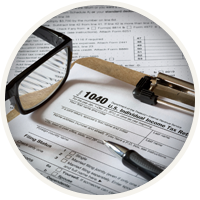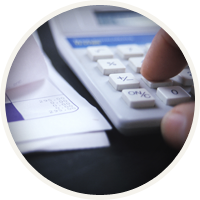
You obsessively save all your in-progress computer files every couple minutes, carry an umbrella on cloudy days, and always stash snacks in your backpack—just in case. If you're the type who likes to prepare for the worst case scenario, consider putting your skills to use by becoming a business continuity planner. No one wants to think about what to do if a fire, flood, earthquake, or computer crash happens to their company. Well, no one except one of these planners, who partner with organizations to help them figure out strategies to recover from a potential disaster. They first analyze how the company does business and interview key employees. Then they write a handbook that outlines what to do in case of an emergency, run practice disaster drills (such as testing a backup computer system or generator) and, in the event the unexpected strikes, help put the plan into action. In this field, your skills will be flexible because absolutely every organization, whether they're a school, a family-run store or a mega-corporation, needs a help formulating a plan B.
The Details
At the end of the 1990s, many business continuity planners were asked to upgrade computer systems in advance of a potential Y2K problem. The term "Y2K" referred to concerns that when the year changed from 1999 to 2000, computer systems that displayed only the last two digits would not be able to recognize "00" and fail to operate (leading to the end of civilization as we knew it). Happily, the world kept on spinning.
Business continuity planners make sure that if a disaster does happen, essential services like water power and electricity will not be interrupted, thus saving money, jobs, and even lives.






